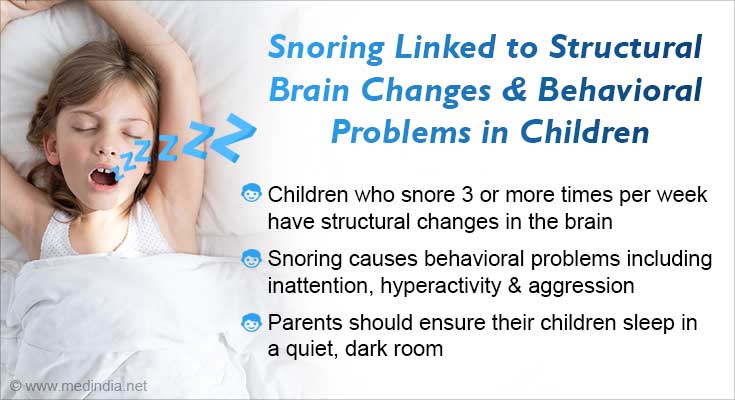. However, the genetic cause of these developmental disorders is not fully understood, hindering the development of accurate prenatal genetic testing.
A new collaborative study, published in Genome Biology aimed to improve on the current conventional approach to identifying disease-causing genes in CHD.
“The trick was to mine genome databases to identify genes that were specifically “switched on” in the heart. The resulting computational pipeline to identify not only genes specific for the heart but genes that may also be associated with other organs such as the liver or kidney”, Dr. Hieu Nim from Australian Regenerative Medicine Institute, the first author of the study said.
Researchers used the vinegar fly, Drosophila melanogaster, as a testing model to determine some of the functional impacts of these novel genes because it is a well-established model organism to understand the genetic mechanisms of many human diseases.
About 75% of human disease-causing genes are found in the fly in a similar form, it is easy to work with and breeds quickly, and many tools are available to manipulate any genes in it.
The vinegar-fly studies revealed a long list of high-quality candidate genes for causing heart abnormalities in humans, giving real insight into just how susceptible this organ is to genetic mutations.
Researchers need to conduct functional studies on all of these genes in animal experiments to determine what they do, so it’s early days, but we now have an excellent starting point.
Source: Medindia



